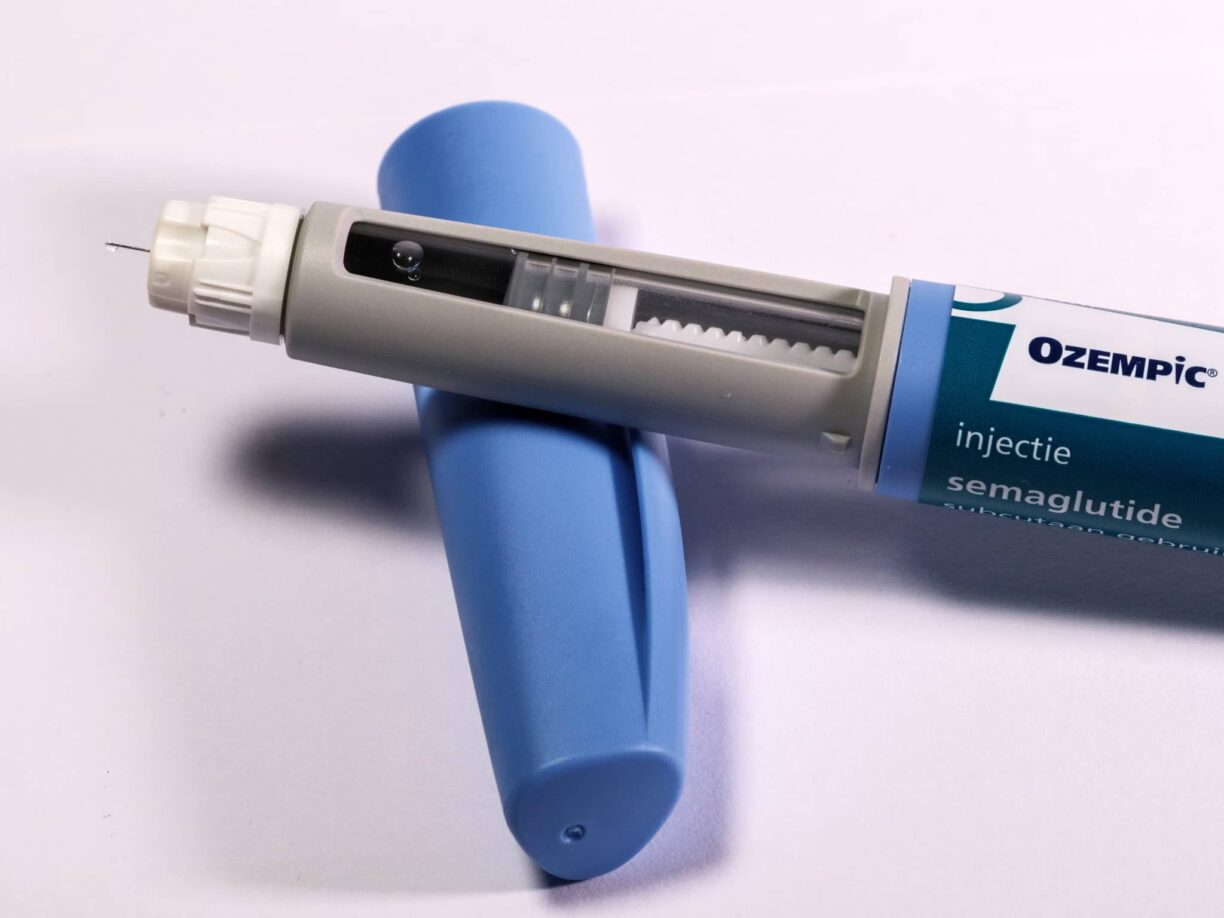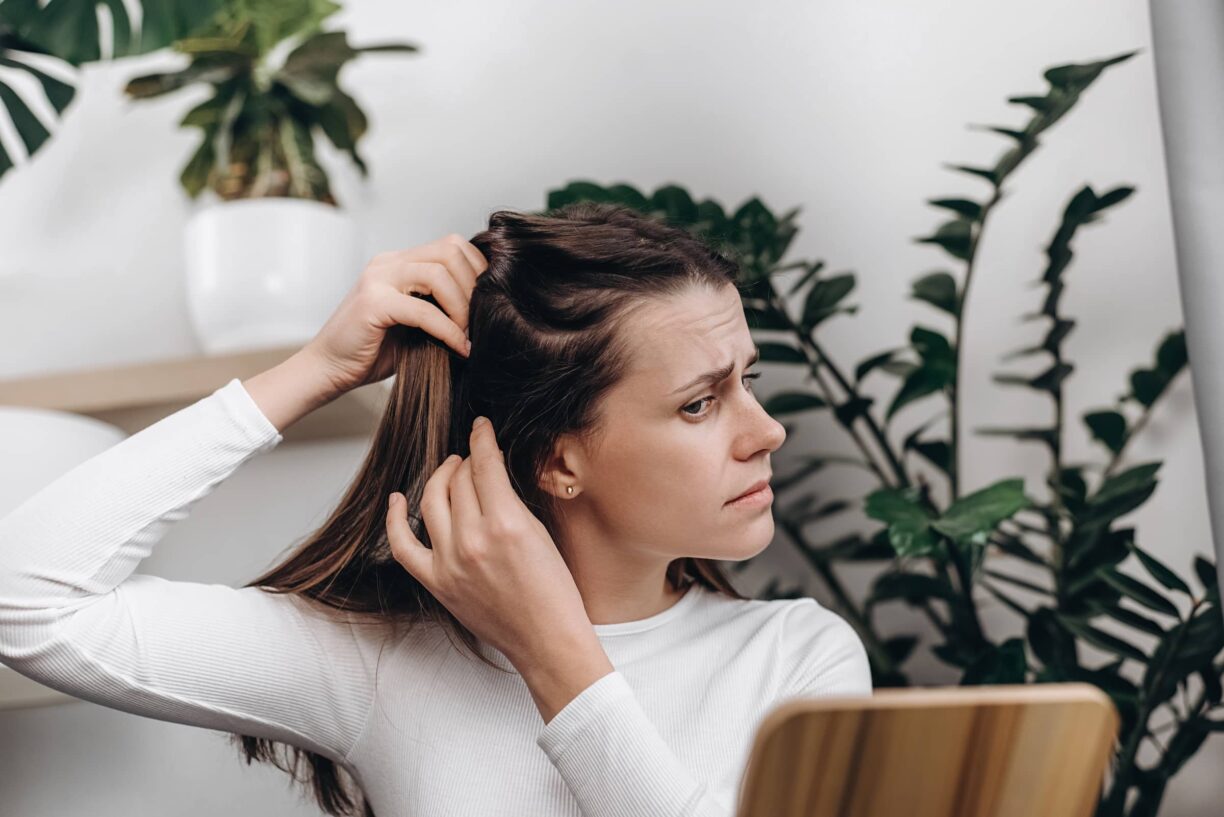In the United Kingdom, a staggering one in twenty individuals grapples with Seasonal Affective Disorder (SAD), a condition linked to diminished sunlight exposure during shorter days.
I spoke with Chloe Angus, Corporate Wellbeing Manager at Mattress Online, who provides valuable insights into the root cause of SAD – the reduction in sunlight exposure affecting crucial hormones like serotonin and melatonin, as well as disrupting our circadian rhythm.
As the gloomy days persist, Chloe shares expert perspectives on the profound impact of SAD on the sleep-wake cycle and explores the potential remedy that SAD lamps might offer.
Join us as we delve into the world of SAD, understanding its implications, and discovering how these innovative lamps could be a game-changer for those affected.
Am I suffering from SAD?
“If you find yourself feeling symptoms in winter that you do not have in spring and summer you may have SAD.
For example, persistent low mood, lack of focus and feelings of despair, hopelessness and a lack of worth. For some, the symptoms can be severe and impact on coping with day-to-day life, if you are struggling to cope then you should consider going to the GP.”
Can SAD lamps help with symptoms?
Light therapy can be used to lessen the symptoms of SAD and improve mood. This involves sitting by a SAD-certified lamp or light box which produces a bright light for around 30 minutes to an hour each morning.
The bright light from the SAD lamp mimics morning sunlight which we miss in the winter months.
Evidence for the effectiveness of SAD lamps is mixed but some studies have shown that light boxes are effective, particularly if used first thing in the morning.
The light from SAD lamps promotes the production of serotonin (mood-boosting hormone) and reduces the production of melatonin (sleep hormone) therefore helping the sleep-wake cycle of our circadian rhythm.
Results tend to be seen within a week and relieve symptoms in the moment, rather than resolving long term so light therapy would need to be repeated the following winter.
Are there any supplements I can take to deal with symptoms?
In the UK, the NHS recommends that we take Vitamin D during the winter months to avoid deficiency due to lack of sunlight exposure.
Vitamin D can help with energy and fatigue, as can Vitamin B12. Some studies have shown that Vitamin C can help boost mood and reduce some symptoms of depression.
How can I get support?
If you’re experiencing the above symptoms of SAD, your GP can offer further support.
They might suggest treatments to improve symptoms including CBT (cognitive behavioural therapy), light therapy or antidepressants.
There are also several things you can try to support your mental health in the meantime:
- Getting as much sunlight as possible even just a small walk at lunch
- Manage stress, be aware of your triggers and any techniques that will help
- Eat a healthy and balanced diet
- Seek out light; make your environment light and sit near windows if you can
- Exercise regularly, outside if possible, to support your wellbeing.





